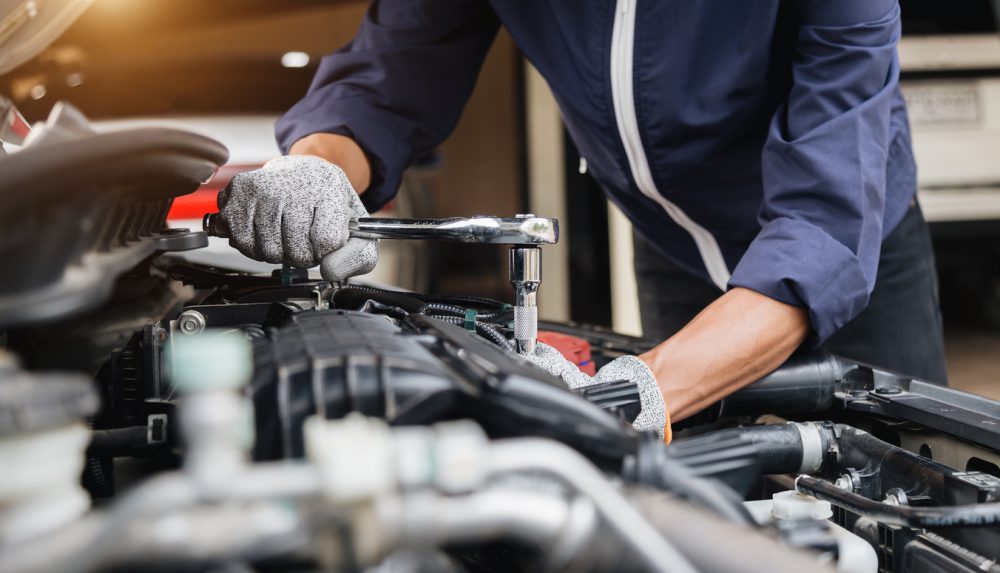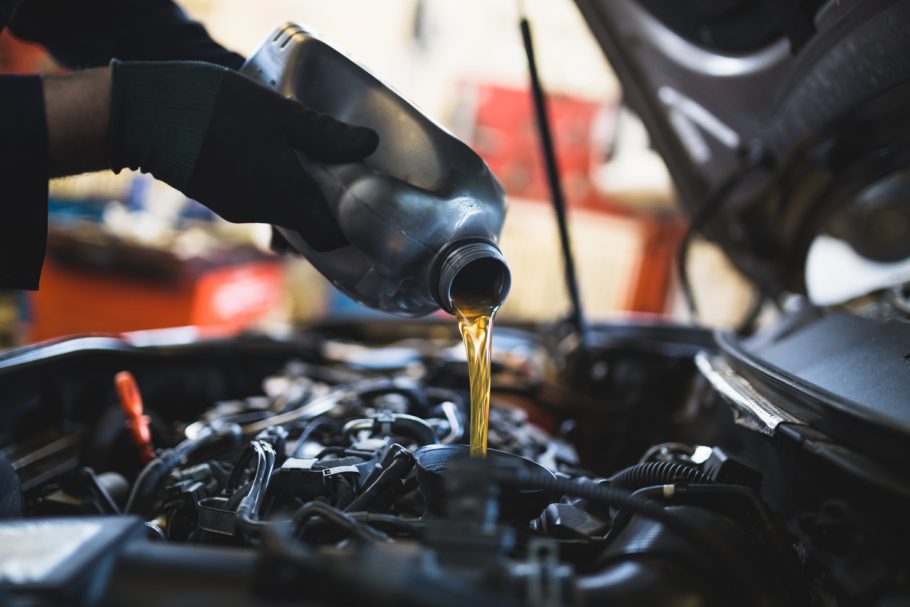
Drivers are keeping their cars for longer. If you want to be one of them, I can help you to eke more miles out of your motor.
According to Driver and Vehicle Standards Agency (DVSA) data, more than nine million of the UK’s 40.3 million registered vehicles have more than 100,000 miles on the clock. And trade body the Society of Motor Manufacturers and Traders says the average age of the UK’s cars is 8.4 years, the oldest since records began.
Regular servicing is important
If you want to keep your car going, don’t neglect servicing it. There have been reports that the current cost of living challenges are prompting people to spend less on servicing their cars. We think paying for servicing is a sacrifice worth making.
The annual service might be costly but it can pick up minor issues before they become big problems that leave you stranded roadside or at home without a car.
You’ll find the servicing intervals recommended by your car’s manufacturer in the user manual. We’d always advise you stick to these.
And of course you can protect the paintwork with a car cover and the interior with boot liners and seat covers.
Modern engines are delicate yet strong
The modern combustion engine is a remarkable thing. Fuel injectors are incredibly precise and the computer that controls them is designed to protect the engine while getting the best-possible performance out of it.
It means while engines are cold the computer can ensure they’re warmed up in the best way for their long-term health. And if the computer does detect a problem, it can limit performance to ensure serious engine damage is averted.

The non-negotiables
As far as I’m concerned, there are a couple of things you must do to get the most life out of a car. First there are its lubricants.
That precision I was talking about earlier needs taking care of. Filters for oil and air need changing regularly because even the tiniest impurities can prompt big problems. And while synthetic oils are brilliant at doing what they do, they’re not impervious to wear and need changing regularly.
Then there’s the timing belt or chain. This is a part on most cars that is a bit like the conductor in an orchestra. It ensures all the engine’s moving parts are working together. If it fails, the engine can destroy itself in seconds. Your user manual will tell you if your car has one and when it needs changing.
Think of your car as an athlete
It’s not as important to warm modern cars up as it once was. The engine’s computer and synthetic oils do that for you. But if you have a bit of mechanical sympathy and drive carefully, your car will reward you.
Don’t floor the accelerator within seconds of starting the engine. And if you use a bit of anticipation when you’re driving – not racing up to traffic lights that are about to turn red, that kind of thing – parts like brake pads and discs will last longer too.
How many miles is a lot?
According to the DVSA, there are now 5,897 cars in the UK with more than 400,000 miles on the clock. Its stats also reveal there are 35 Vauxhall Astras with more than 750,000 miles under their wheels. And there are 33 Rover 75s, 25 each of Ford’s Fiesta and Focus models and 20 Vauxhall Zafiras well on their way to half a million miles.
It just goes to show: if you’ve got a decent car and you look after it, it’ll repay you with miles and miles of motoring.
By John Price, a member of Green Flag’s automotive technical support team
Many years ago I was a Volvo owner, and at that time Volvo used to regularly send owners a magazine featuring high mileage Volvo cars on the back cover. One that particularly stuck in my mind was a taxi on one of the Channel Islands that had covered some 400,000 miles in around 5 years – it seemed an amazing mileage for a car on such a small island.